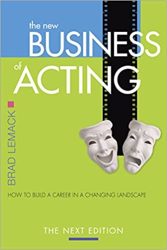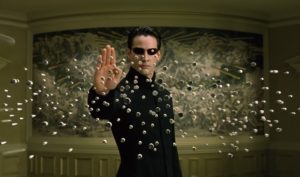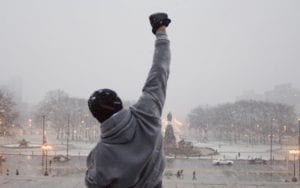
Whenever I teach public speaking and mention that I’m also an actor, people say that it makes sense, because they equate acting with being an extrovert. However, there is a difference between acting and public speaking: public speaking involves constantly being aware of and engaging with the audience, whereas acting typically involves acting like the audience isn’t there. That’s why there are so many actors who turn out to be shy in real life (such as Emma Watson, Health Ledger, and Al Pacino, to name a few).
Shy people can be actors because an actor’s shyness becomes irrelevant if the actor can make themselves feel that they have complete privacy. You can develop this ability to tune out the outside world by practicing your lines in public, watching your own performances, and doing improv in groups.
Below I describe, with personal examples, why these exercises are helpful and what to pay attention to when doing them. With these exercises, you can learn to build a “fourth wall” no matter where you are.
Before we get into the exercises, a bit about the “fourth wall”
The “fourth wall” is an imaginary wall that separates the actors from the audience or whoever’s watching on the other side of the camera; the fourth wall refers to the idea that the actors are in a separate world from the audience and it’s impossible for them to interact. (If the actor interacts with the audience, such as in Deadpool, that is known as “breaking the fourth wall.”)

How does it feel for actors to be behind the fourth wall? Essentially, you’re just ignoring the camera or audience the whole time, and you’re just trying to interact and connect with your fellow actors over the actions in the scene.
Especially when you get in the moment, it’s very easy to just ignore everything around you and the nervousness is different. Notice I didn’t say that it’s gone, but it’s different. The reason we’re talking about the fourth wall is because it is essential for many actors to feel vulnerable and authentic.
Practicing in public
The first thing you need to do to help establish a strong fourth wall is to practice in public. At first do it quietly mumbling to yourself on a park bench, for example. Reading lines quietly. Your ability to tune out the outside world is what will help you to get out of your shyness when it comes to a performance.
Let me give you an example:
I’ve been working on a video game with Ubisoft, and my scripts are usually 160 to 200 pages long. Now I don’t have to memorize all of this, but I do have to be able to perform it. I am not a really shy person, but I am shy when it comes to acting (it’s hard not to be because it can be so personal, you know?). All that being said, the recording studios about an hour and a half away from my house if I walk it so, every time I had to perform, I would carry my lines and walk to the studio, and say my lines out loud to myself.

Now, I wasn’t saying the lines out loud in full volume. I was just saying them more to myself and, every now and then, a little bit louder when I felt like I wanted to push the fourth wall. The first few times I did this it was incredibly hard, but now it’s becoming automatic and it really helps you to forget about everyone else and focus on performance even when there are people all around you watching.
Watching your own performances
The second strategy to help you build your fourth wall is more an acting exercise to help you focus on performance. You have to record yourself and then watch yourself. Becoming self-aware can really help you to perform but, unless you watch yourself, this will never happen. Everyone’s got a camera and it’s easy enough to record yourself, but watching yourself can be very hard work, and I know personally I’m constantly putting it off.
I remember having done five or six student films when I was starting out and thinking I was doing great and then watching them and realizing that I had overacted in all of them. (By “overacted” I mean that my movements looked exaggerated and fake – not as subtle and realistic as I thought they were.)
If I hadn’t watched those recordings, I never would have realized that, and although it felt horrible while I was watching it, it made me a better actor. How does watching your performances help with shyness? Well it doesn’t help you with your shyness directly, but it does help you with focusing on a performance and understanding how much of it is internal.

When you see how much of a performance is internal, it changes your approach to acting. You see that it’s not about convincing the audience that you have a certain emotion, it’s about convincing yourself, internally (and the audience is convinced as a side effect). When your focus during a performance is on getting the right internal feelings, it really helps you forget about the audience.
Improv in groups
The previous two strategies where about acting despite being shy. This last strategy will actually also help you with your shyness, and it is to start doing some improv. Why improv? Well for a couple of reasons.
First, by its very nature, improv is a group activity that mixes interacting with the audience with finding characters and acting, making it the perfect exercise for repeatedly building and breaking the fourth wall. The muscle you will create here will really help you as an actor whether you’re an extrovert or an introvert.
The second reason improv can help you is because shyness is a habit. Once you define yourself as shy, you release yourself from the responsibility of potentially changing and you resign yourself to one specific personality trait. Improv will help you build the opposite “muscle” so that, while you might consider yourself a shy person, you won’t define yourself by your shyness.
Think about it like this: you’re an introvert but twice a week you participate in group improv classes that allow you to get some extroversion out. The first few times you do it, it’ll be hard but, the more you do it, the easier it will get and, before you know it, you’ll find yourself switching between extrovert and introvert. Which leaves me to a final note.

The other thing to remember is this there’s no one who is truly shy. Most of us are shy or extroverted depending on the context. Some of us are outgoing with family but quiet in social circles, or outgoing with just a few particular people, etc. Personally, when I’m on a stage as an MC or as an actor, I am very outgoing, and I feel alive. But I find interacting in social groups at parties to be very difficult. One does not equal the other, just like extraversion and talent.
To see other ways in which improv can help you with acting, check out this article.



























































